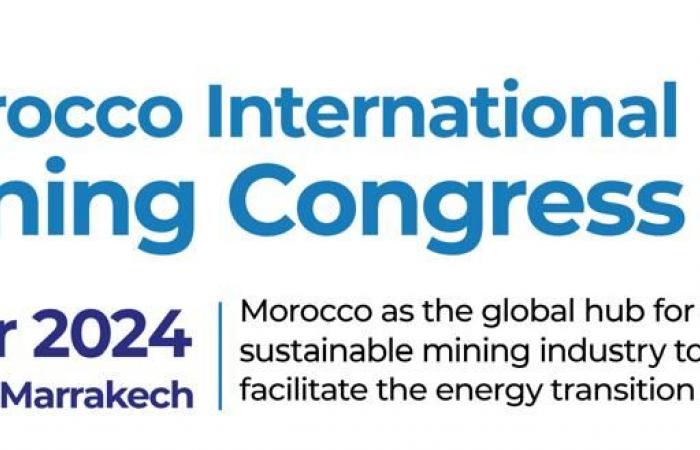
The final agreement, adopted on the night of Saturday to Sunday, after two weeks of negotiations and two nightly extensions, sparked mixed reactions from the different parties to the United Nations Framework Convention on Climate Change.
This agreement, which provides funding of $300 billion per year by 2035 for developing countries, has been criticized by certain groups, as well as by climate NGOs. The Africa group, which hoped for 1.3 trillion USD for 2035, described this funding as “too little, too late and too ambiguous”.
This financial commitment from European countries, the United States, Canada, Australia, Japan and New Zealand, under the aegis of the UN, therefore does not meet expectations, according to Kenyan Ali Mohamed , who spoke on behalf of the African group immediately after the agreement was adopted. Same story from his counterpart from Malawi, Evans Njewa, representing the 45 poorest countries on the planet, who considered that this agreement “is not ambitious”.
The small island states, which left a consultation meeting on Saturday evening, regretted “the lack of will to respond to the needs of vulnerable developing countries”.
For his part, European Commissioner Wopke Hoekstra welcomed “the start of a new era” for climate finance. “We worked hard to make sure there was a lot more money on the table. We are tripling the target of 100 billion, and we think that is ambitious. It’s necessary, it’s realistic and it’s achievable,” said the commissioner in charge of climate negotiations.
Read also|COP29: Argentina reverses course and withdraws
In the United States, Joe Biden welcomed this agreement, saying that it is an “important step” in the fight against climate change. This new financing objective is “insurance for humanity, in a context of worsening climate effects which are hitting all countries,” said UN Climate Executive Secretary Simon Stiell.
Mr. Stiell welcomed the agreement, which “will continue the clean energy boom, helping all countries reap the enormous benefits associated with it: more jobs, stronger growth, more affordable energy and more clean for all. COP 29 also reached a global agreement on carbon markets, “after almost a decade of hard work, where several previous COPs had been unable to do so”, he added.
The president of COP29, Mukhtar Babayev, affirmed, for his part, that Baku’s financial objective represents “the best possible agreement”. “In this year of geopolitical fragmentation, some have doubted Azerbaijan’s ability to deliver on its promises. They doubted that everyone could agree. They were wrong on both counts,” he said.
Furthermore, COP29, which began on November 11, allowed the adoption of several initiatives and declarations, notably on water, tourism and the reduction of methane from organic waste.
(IDM with MAP)









